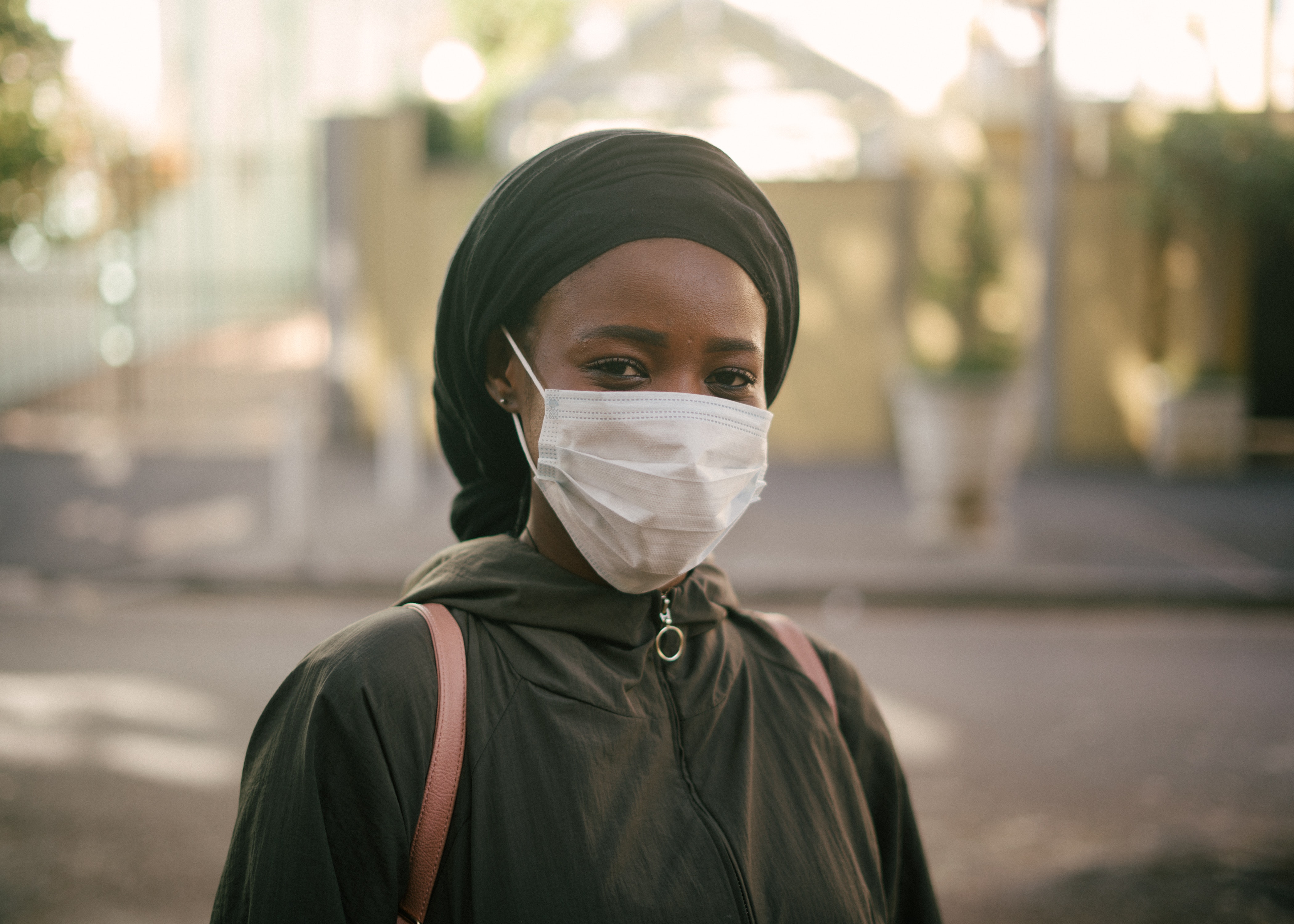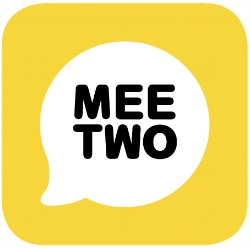Anxiety Levels Soar as Students Return to School Post-Lockdown
Sep 7, 2020


Mee Two
Jan 23, 2025 08
- MeeTwo is an award-winning, safe mental health app for teenagers and young people
- Their recent data has shown that anxiety levels are rising rapidly amongst students as they return to school post-lockdown
- We have therapists and counsellors trained to work with young people - find yours here
Data from the MeeTwo app shows that the predicted mental health crisis didn't happen during lockdown, but as young people prepare to go back to school, anxiety is escalating to unprecedented levels. MeeTwo is a multi-award winning, fully moderated, anonymous, mental help app for young people aged11+. MeeTwo is endorsed by the NHS Apps Library, Digital Health, Teach First, and CAMHS NELFT .
On March 20th, the government announced that schools were being locked down in response to the COVID crisis. Suddenly, students who had been getting face-to-face counselling at school could no longer access support. Most CAMHs services ceased face-to-face appointments and moved to telephone or digital consultations, but with GPs preoccupied with COVID, new referrals halved. Services like Childline which rely on volunteer counsellors who work from a central location were running skeleton services.
As a digital service with moderators who work remotely, MeeTwo was one of very few providers that was unaffected by the crisis. The sudden absence of so many of the usual support options lead to a flurry of newspaper headlines predicting a mental health crisis amongst young people. At MeeTwo we braced ourselves for a deluge and it is not an exaggeration to say that the day that lockdown was announced was terrifying. Between 8.30am and 8pm MeeTwo received an unprecedented 27 suicidal posts from young people. In the whole of 2019, MeeTwo had received just 406 suicidal posts. Fortunately, that level of activity did not last. Overall, we saw a 30% increase in usage of the app, and across all age groups predictably, the number one concern was Coronavirus.
Fortunately, the escalation in suicidal ideation did not last, and as the months passed we began to notice that contrary to expectations, some things seemed to get better, not worse. MeeTwo users who had social anxiety absolutely loved lockdown and they are now struggling to come to terms with going back to school.
"I'm so scared about going back to school, I have social anxiety and lockdown was such a relief for me but now I have to go back to shaking and sweating in a classroom where I can't open my mouth to speak."
Because young people were not at school we saw a predictable decrease in posts about school and social isolation lead to a tailing off of posts about friendship which has, historically, always been the most frequently occurring topic on the app.
The pandemic also seemed to create a degree of solidarity. We began to notice that the amount of positive support that young people gave each other increased. The change happened gradually through March and April and then increased significantly in May.
Most importantly, we didn't see the predicted rise in anxiety, depression and self-harm. In fact, between March and May we saw a progressive decline in the incidence of all three. This finding echoes the results of a recent survey by the University of Bristol which asked 1000 young people about their anxiety levels in October 2019, and then again in May this year. The survey revealed that in October, 54% of 13 to14-year-old girls and 26% of boys of the same age said they felt anxious. In May the proportion dropped to 45% of girls and 18% of boys.
Although this particular finding runs counter to all the predictions about youth mental health during the pandemic, it didn't particularly surprise us. MeeTwo data has always shown a drop in anxiety during holidays and a spike before school starts again. At first glance it looks as if the problem is school, but our data shows that the underlying issue is friendships that have changed, or failed over the holidays.
Posts from before schools actually closed, reveal that uncertainty created a huge amount of anxiety, particularly for young people who relied on school for psychological support. School counsellors, safeguarding leads and teachers obviously play an important role, but school also serves as a much more basic distraction for young people who might otherwise ruminate on how they were feeling. In lockdown the uncertainty about exams also created a huge amount of stress.
"I feel so anxious about coronavirus and the uncertainty of what's going to happen with exams is killing me. If schools close down my mental health will get worse because school is the only thing that distracts me from my depression"
"I'm feel completely isolated alone... my only support was from school and now that has been taken away because school is closed"
What makes school so stressful?
Young people always get anxious about going back to school and as we saw earlier, one of the main issues underlying that anxiety is not going back into education, but going back into a social situation that may have become less stable, or more uncertain over the holidays. Besides friendship issues, switching out of holiday mode and getting back into the routine of school is a huge change. Teenagers are not naturally early risers, rigid start times with detentions for being late are enormously stressful.
The school environment is also very noisy and busy. For young people who are shy, or who prefer quiet spaces, school can be an enormous challenge. Feeling overwhelmed or being bullied for being different are common problems, but these behaviours often go unseen by teachers. Practical things such as not being allowed to go to the toilet during class can also be a problem, particularly for young people with health issues.
One of the other issues we see within the app is the fact that testing begins almost as soon as term starts. For teachers, these tests are a simple way of assessing where people are at so that they can see how much has been forgotten over the holidays. However for students, particularly the ones who don't perform well in exams, every test feels like a new opportunity to feel judged, to disappoint or to fail.
What might make going back to school easier after COVID-19?
Anxiety about going back to school has been building within the app for weeks now and the pattern suggests that the mental health crisis that was meant to happen in lockdown is probably going to manifest in September and October. For this reason, it is really important that schools factor a number of things into account when they reopen in September.
Because young people have had no routine for nearly half a year, simply getting to school on time is going to be a challenge. We would urge schools to seriously consider delaying the start of the school day. A growing body of research already supports later start times for students. In 2017 the American Academy of Sleep Medicine issued a position statement declaring that "delaying school start times positively impacts student achievement, health and safety". Later that year the results of a study carried out by Dr Paul Kelley of the Open University found that starting school at 10am halved student illness and improved academic performance.
Getting back into the classroom will be a shock to everyone, teachers included, and in order to minimise stress, we would urge staff to prioritise team building and strengthening peer relationships. Young people have been separated from friends for nearly half a year and the emphasis should be on acclimatisation and socialisation rather than diving straight back into academics. After six months out of school the temptation to assess the extent of the educational damage is going to be profound, but we would urge teachers to resist the temptation to begin testing immediately. What students really need is reassurance that they will catch up on anything they have missed. If it is so desperately important to find out where a child is at with a particular subject, individual online assessments might offer a way of assessing by stealth so that students don't feel pressured, judged or overwhelmed.
"I'm anxious about going back to school I have diagnosed anxiety and I am so scared about how much work I haven't done. I'm so behind that I feel like giving up."
Although teachers have been communicating with students through lockdown, the fact that young people have not expressed anxiety or declared mental health issues, does not necessarily mean that they are OK. Making it clear that you are there for all students and that your door is open if they have any worries or need to talk about anything in private will provide important reassurance for all students.We would urge teachers not to make assumptions about students because often, it is the silent students who are actually struggling the most."Lockdown was really bad for my mental health. I've been suicidal for months & I just couldn't get any work done. I didn't answer any of my teachers messages and now I'm going back & I'm terrified. My parents don't know any of this and I don't know how I am going to cope with school."
The MeeTwo app provides free, safe, anonymous mental help to young people aged 11-25. Available from the App, Play Stores as well as the NHS Apps Library.

Mee Two
Read further
